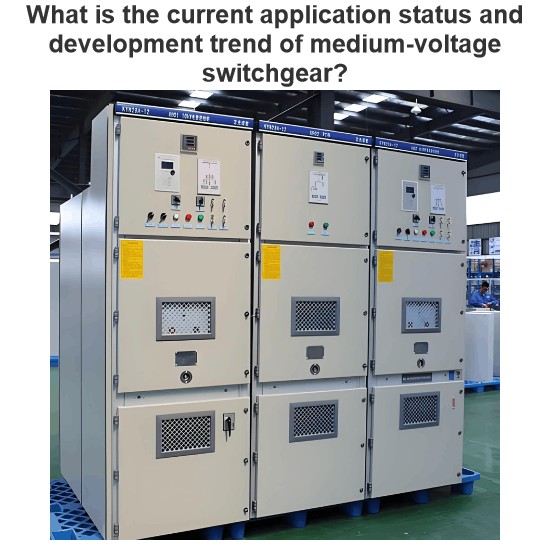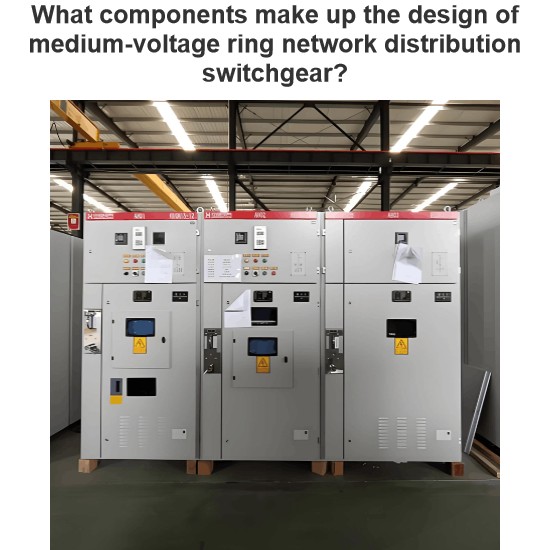What is the difference between traditional and digital switchgear?
Traditional switchgear and digital switchgear differ significantly in terms of design, functionality, and application. Understanding these differences can help determine which type of switchgear is better suited for specific industrial needs. Below are the main distinctions between traditional and digital switchgear, along with their respective advantages and applicable scenarios:
Traditional Switchgear
Characteristics:
Mechanical Structure: Primarily relies on physical components such as mechanical switches, relays, and fuses to achieve control and protection functions.
Manual Operation: Most operations require human intervention, such as manual closing, opening, and adjusting set values.
Simple and Intuitive: Relatively simple design that is easy to understand and maintain.
Lower Cost: Typically has a lower initial investment cost.
Limited Monitoring and Diagnostic Functions: Generally lacks advanced monitoring and fault diagnosis capabilities.
Advantages:
Reliability: Proven over time, with simple mechanical structures that are highly reliable.
Cost-Effective: An economical choice for small-scale or budget-limited projects.
Application Scenarios:
Small Factories: Suitable for smaller factories with simple power requirements.
Low-Complexity Systems: Ideal for systems that do not require high levels of automation and remote monitoring.
Digital Switchgear
Characteristics:
Intelligent Control: Utilizes microprocessors and digital communication technologies to achieve smart control and protection.
Automated Operation: Supports automatic closing, opening, and fault recovery, reducing the need for human intervention.
Advanced Monitoring and Diagnostics: Features real-time monitoring, data logging, and fault diagnosis capabilities to promptly identify and address issues.
Remote Monitoring: Enables remote monitoring and management via network connections, enhancing operational efficiency.
Flexibility and Scalability: Easily integrates new functions and modules to adapt to future needs.
Data Management: Can generate detailed reports and analytical data to optimize system performance.
Advantages:
High Efficiency: High level of automation reduces labor costs and improves operational efficiency.
Reliability: Advanced monitoring and diagnostic functions can predict potential faults early, enhancing system reliability.
Flexibility: Capable of handling complex power systems and supporting various protection and control strategies.
Future-Ready: Supports IoT and Industry 4.0 technologies, preparing for future intelligent development.
Application Scenarios:
Large Factories and Industrial Facilities: Suitable for large factories and industrial facilities with complex power requirements and the need for high automation and remote monitoring.
Critical Infrastructure: Ideal for critical infrastructure with high reliability requirements, such as data centers, hospitals, and transportation hubs.
Distributed Energy Systems: Appropriate for power systems that include renewable energy and distributed generation.
Conclusion
Traditional Switchgear is better suited for small, simple, and budget-limited industrial projects that do not require high levels of automation and remote monitoring.
Digital Switchgear is more appropriate for large, complex industrial projects with high demands for reliability, efficiency, and future scalability. The intelligence and remote management capabilities of digital switchgear make it the preferred choice for modern industry.
Therefore, the selection of either type of switchgear should be based on specific industrial needs, budget, and technical requirements.
The Electricity Encyclopedia is dedicated to accelerating the dissemination and application of electricity knowledge and adding impetus to the development and innovation of the electricity industry.













